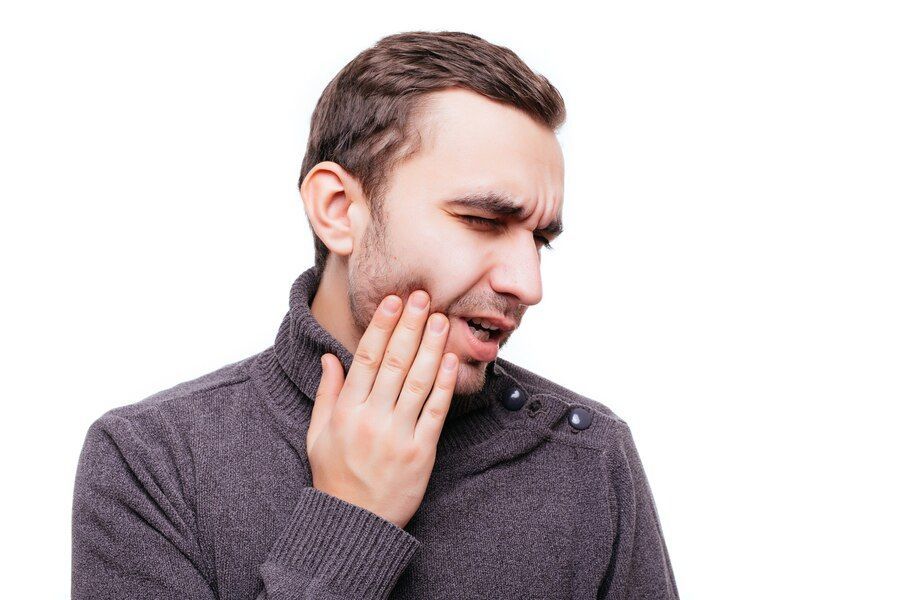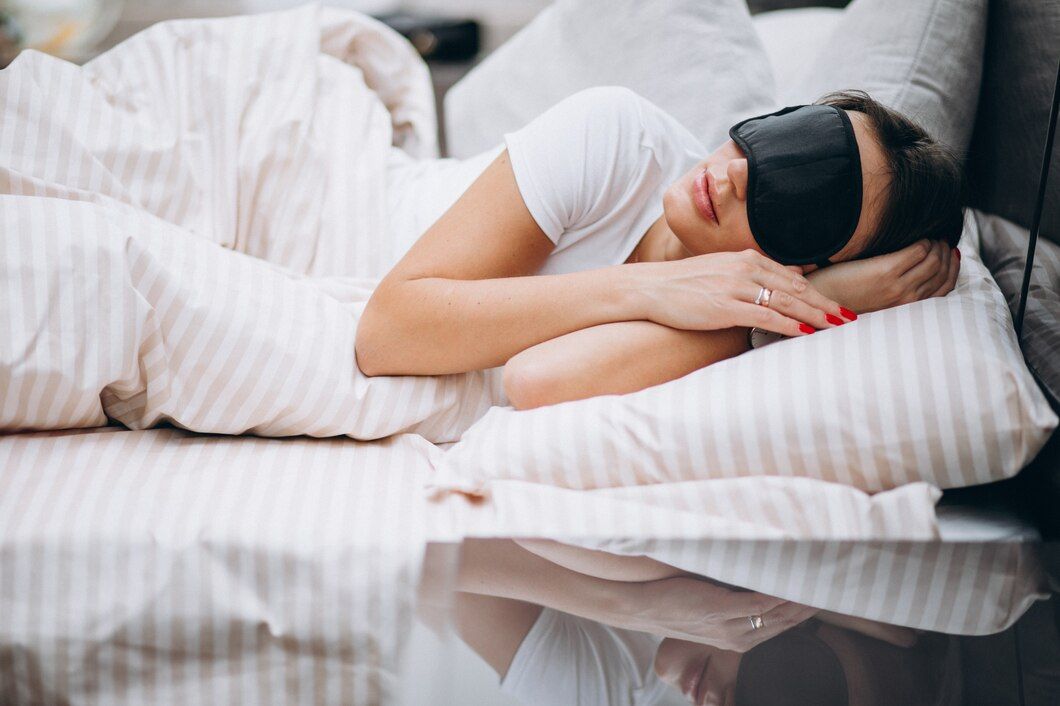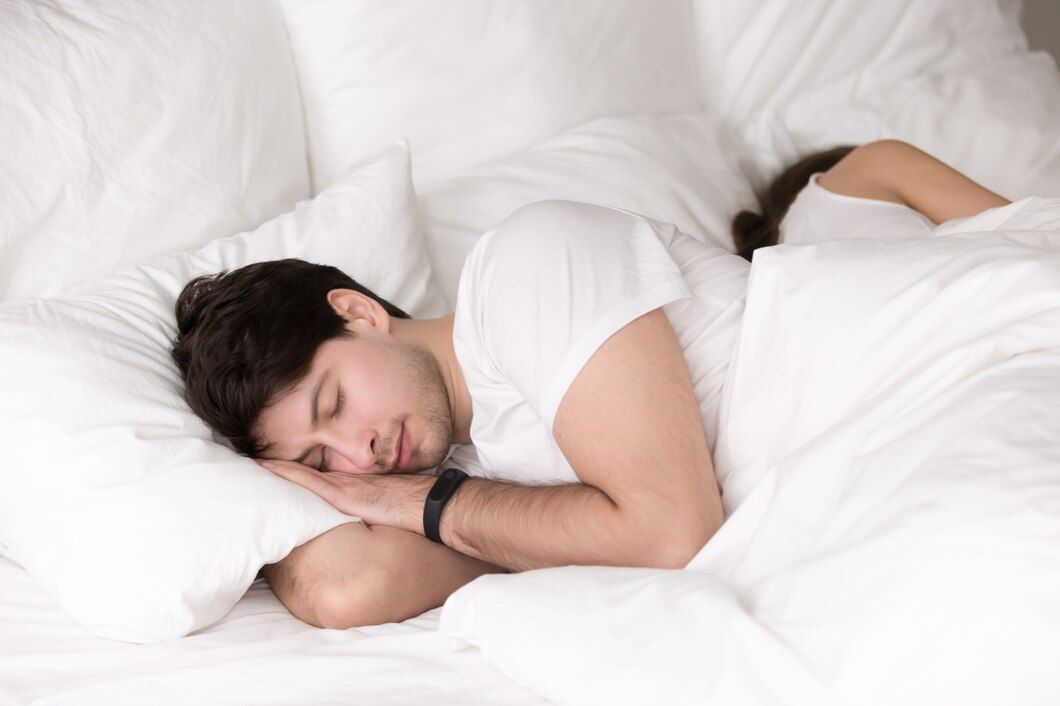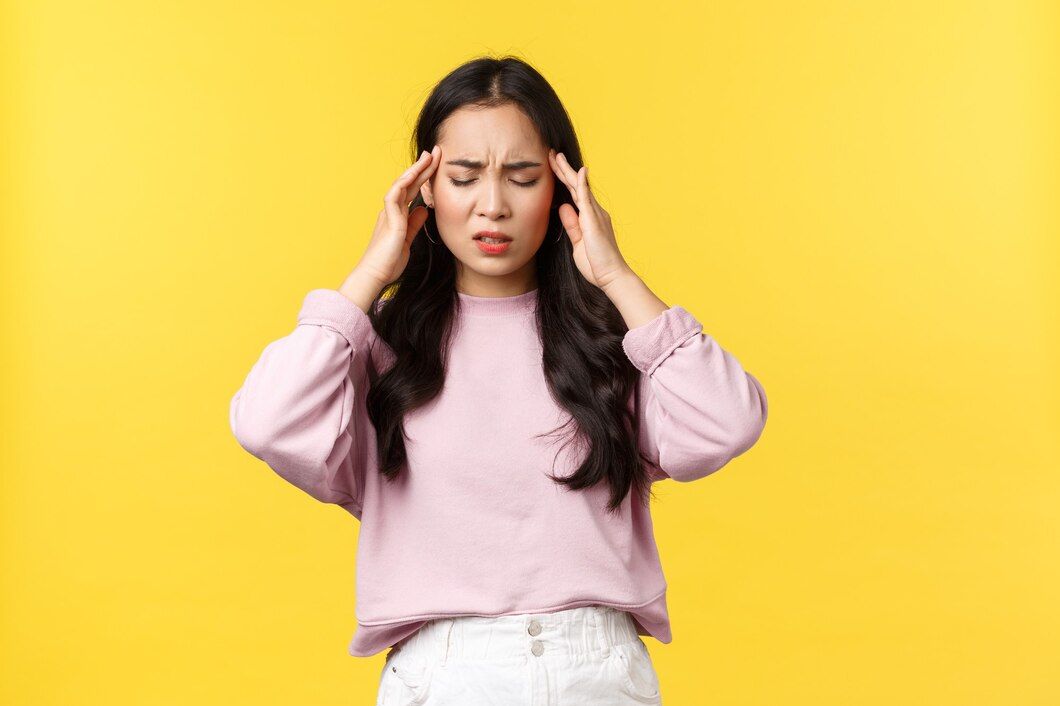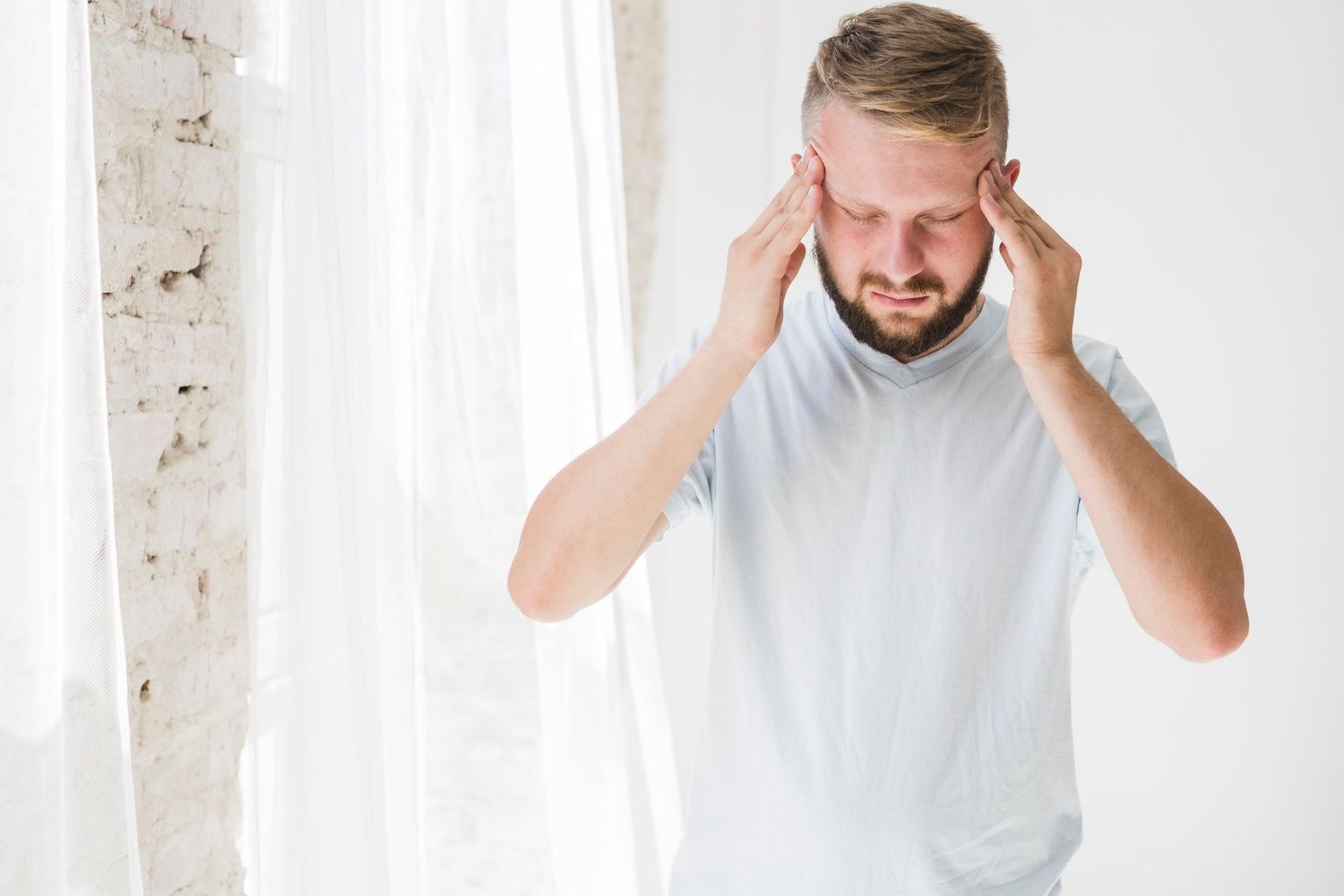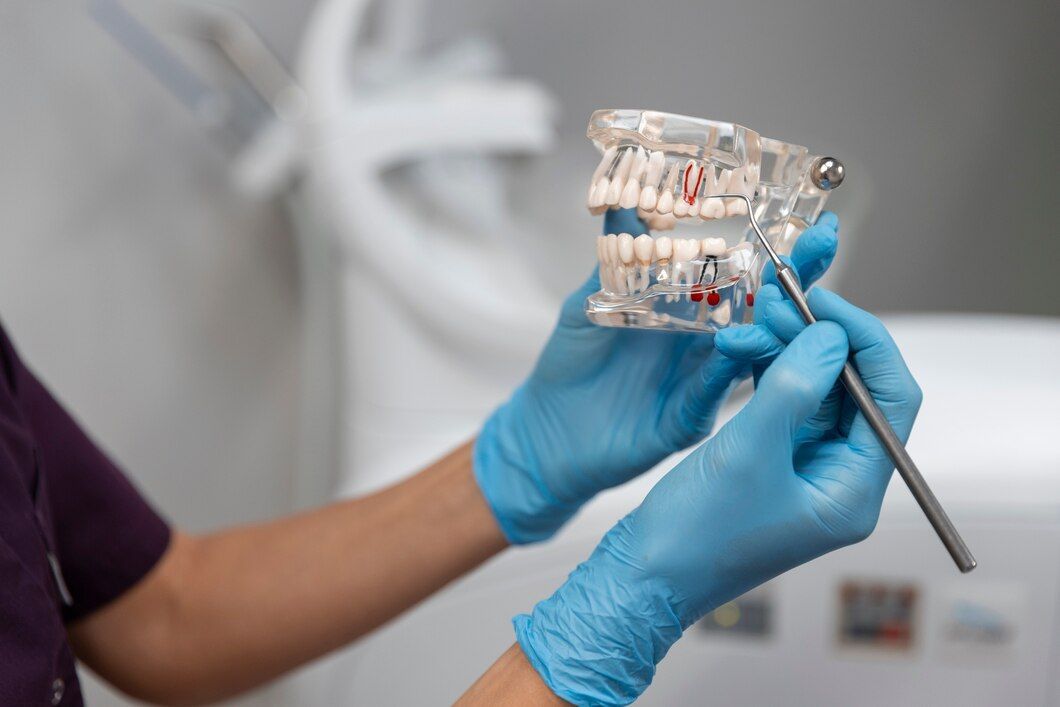Welcome to Fuller Sleep & TMJ Solutions | Greensboro, NC | frontdesk@fullersleep.com
Can Oral Devices Improve Your Sleep Quality?

Getting a good night's sleep is crucial for our health and well-being. However, many people struggle with sleep disorders like sleep apnea that disrupt their rest. One effective solution for improving sleep quality in such cases is the use of oral devices. These devices are designed to help you breathe better at night, reducing the symptoms of sleep apnea and other related issues.
Oral devices for sleep apnea might sound complicated, but they are actually quite simple and user-friendly. They work by keeping your airway open while you sleep, which can drastically reduce snoring and interruptions in breathing. Dr. Fuller specializes in this type of treatment and can help you determine if an oral device is the right option for you.
In this article, we will explore what oral devices for sleep apnea are, how they work, and the benefits and drawbacks of using them. We will also discuss how Dr. Fuller can assist you in choosing the right oral device to improve your sleep quality. Understanding these aspects can help you make an informed decision and take a significant step toward better sleep and overall health.
What Are Oral Devices for Sleep Apnea?
Oral devices for sleep apnea are specially designed mouthpieces made to help people with sleep apnea breathe better during sleep. These devices are custom-fitted to your teeth, ensuring a comfortable fit. They work by keeping the airway open, which can greatly reduce snoring and prevent the airway from collapsing, a common issue in sleep apnea.
There are two main types of oral devices: mandibular advancement devices (MADs) and tongue-retaining devices (TRDs). MADs function by pushing the lower jaw forward, which helps keep the airway open. These are the most commonly used types. TRDs, on the other hand, hold the tongue in a forward position to keep it from blocking the airway. Both types of devices are effective, and the best choice depends on individual needs.
Using an oral device can be a game-changer for those struggling with sleep apnea. Dr. Fuller specializes in assessing which type of device would be most beneficial for you. These tools offer a simpler and often more comfortable alternative to other treatments, and they can significantly improve your sleep quality.
How Oral Devices Improve Sleep Quality
Oral devices improve sleep quality by addressing the root of sleep apnea—airway obstruction. When you sleep, the muscles in your throat relax, causing the airway to narrow or close. This leads to snoring and pauses in breathing that disrupt sleep. Oral devices help to prevent this by keeping the airway open.
Mandibular advancement devices (MADs) move the lower jaw forward, which keeps the throat muscles from collapsing into the airway. This placement ensures that air can flow more freely, reducing snoring and helping you breathe consistently throughout the night. Tongue retaining devices (TRDs) function similarly by holding the tongue in a position that prevents it from blocking the airway.
With improved airflow, you can achieve deeper, uninterrupted sleep. This not only helps you wake up feeling more rested but also has long-term health benefits, such as reducing the risk of high blood pressure and heart problems. Dr. Fuller can help determine which device is right for you to improve your sleep quality effectively. By addressing the core issues of sleep apnea, these oral devices provide a practical and comfortable solution to better sleep.
Benefits and Drawbacks of Using Oral Devices
Oral devices offer several benefits for those struggling with sleep apnea. One of the most significant advantages is that they are convenient and easy to use. Unlike other treatments, these devices are small and portable, making them ideal for travel.
- Comfort: Oral devices are generally considered more comfortable than other options. They are custom-fitted to your mouth, reducing the risk of discomfort and irritation.
- Effectiveness: These devices can be highly effective in treating mild to moderate sleep apnea. By keeping the airway open, they reduce snoring and improve overall sleep quality.
- Non-invasive: Oral devices are non-invasive, meaning there is no need for surgery or complex procedures. This makes them a preferable option for many people.
However, there are some drawbacks to consider. Some users may experience jaw discomfort or dental issues over time. It's essential to follow up with Dr. Fuller regularly to ensure the device fits correctly and is not causing any side effects.
- Adjustment Period: There can be an adjustment period where the device feels foreign in your mouth. Most people adapt quickly, but it may take some time.
- Potential Side Effects: Some users experience jaw pain or shifting teeth. Regular check-ups can minimize these risks.
- Limited Effectiveness: Oral devices may not be suitable for everyone, especially those with severe sleep apnea.
Choosing the Right Oral Device with Dr. Fuller's Help
Selecting the right oral device is crucial for effective treatment. Dr. Fuller will conduct a thorough examination to determine which type of device is best suited for your needs. This process starts with a detailed assessment of your dental health and the severity of your sleep apnea.
Dr. Fuller will also take precise measurements of your mouth to ensure the device fits comfortably. Customization is key to the device's effectiveness and your comfort. During follow-ups, adjustments can be made to fine-tune the fit and ensure optimal results.
Here are some steps involved in choosing the right oral device:
- Initial Consultation: Discuss your symptoms, medical history, and treatment options with Dr. Fuller.
- Dental Examination: A thorough dental exam to check for any issues that might affect the fit and effectiveness of the device.
- Customization: Dr. Fuller will take impressions of your teeth to create a custom-fitting oral device.
- Trial Period: You may have a trial period to ensure the device is comfortable and effective.
- Follow-Up Appointments: Regular check-ups to monitor your progress and make any necessary adjustments.
By working closely with Dr. Fuller, you can find the most suitable oral device for your sleep apnea and achieve better sleep quality.
Conclusion
Oral devices offer a practical and comfortable solution for improving sleep quality in individuals with sleep apnea. By keeping the airway open, these devices can reduce snoring and prevent interruptions in breathing that disrupt sleep. Dr. Fuller’s expertise ensures that you receive a custom-fitted device that works effectively and comfortably.
Addressing sleep apnea with an oral device can lead to better overall health and well-being. Improved sleep quality not only helps you feel more rested but can also reduce the risk of other health problems like high blood pressure and heart issues. It's crucial to choose the right device and have regular follow-ups to maintain its effectiveness.
If you’re struggling with sleep apnea and looking for a non-invasive solution, consider consulting with Dr. Fuller to explore your options. At Fuller Sleep & TMJ Solutions, we are dedicated to helping you achieve better sleep and a healthier life. Contact us today to schedule your consultation and take the first step towards restful nights and brighter days with our
alternatives to CPAP treatments.
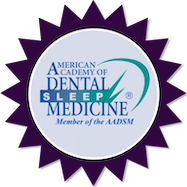
CONTACT US
Fuller Sleep & TMJ Solutions
1515 West Cornwallis Dr Suite 110 Greensboro, NC 27408
BUSINESS HOURS
Monday: 8am – 5pm
Tuesday: 8am – 5pm
Wednesday: 8am – 5pm
Thursdays: 8am – 2pm
All Rights Reserved | Fuller Sleep & TMJ Solutions
© 2023 All Rights Reserved | Fuller Sleep & TMJ Solutions
Website designed by: Morningdove - Accessibility Statement

